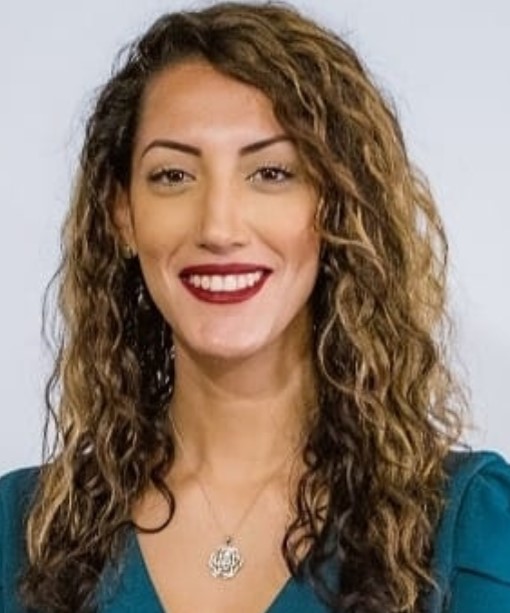How One Journalist’s Plan C Became Her Life’s Passion
For Dalia Ashry, becoming a journalist wasn’t plan A. It wasn’t even plan B.
When she arrived at Glendon College as a Linguistics and Language Studies major, she aimed to become a speech therapist. Over the course of her studies, she pivoted and chose teaching before a lukewarm job market made her reconsider and turn to Plan C: Journalism.

“I didn’t know I wanted to be a video journalist,” says Dalia, “Who would have thought it’d become the biggest passion of my life?”
In her last role, Dalia worked as a video journalist at CityNews Edmonton where she covered local stories with national impact, like the story of a Sixties Scoop survivor’s search for her birth father. But landing a role with one of Canada’s most well-known news programs meant taking a chance in order to kickstart her career.
After graduating from Glendon in 2014, Dalia completed the Journalism and Television Broadcasting program at Seneca College. Eager to gain more experience, she decided to move from Toronto to Northern B.C. and take a job as a video journalist, weather forecaster, sports anchor, and radio host.
“I took a leap of faith almost three years ago and worked in Dawson Creek, B.C., a city of less than 13,000 people,” Dalia explains. “After working there for 6 months, CityNews Edmonton discovered and hired me.” Dalia is now a reporter with CBC News Toronto.
While Dalia covers a wide range of topics, she has a special interest in stories related to social justice and diversity. In fact, her multilingual abilities – Dalia speaks English, French, Arabic, and some Spanish – allows her to connect with interview subjects and quickly build trust. They’re also a big reason she scored a two-week internship as a producer and reporter for the online French “Canada Winter Games” coverage in Prince George, B.C. And they were particularly useful during her time at CityNews where she covered the local impact of global events like the protests in Chile or Sudan.
“I interviewed a Sudanese woman in Edmonton. She was nervous, so I spoke to her in Arabic, and she was able to relax and answer the questions better before going on camera,” recalls Dalia. “Languages allow that personable connection between one human and another. I’m able to connect with people from different communities and cover stories differently than others, because people feel an automatic level of comfort and trust.”
Interestingly, Dalia says that developing trust in herself was just as important as developing trust with others. She credits this lesson to advice she received from a Glendon professor ᠆ advice she really didn’t want to hear at the time.
“I’ve always liked to aim high and get good grades. I had this one professor I would always go to for help or ask questions, to make sure I understood my assignments well or prep for exams,” Dalia recalls.
“One time he told me I can’t always rely on his help or guidance, and that part of university and the adult experience is to do things independently and think critically. I remember leaving his office upset and annoyed. But it was one of the best pieces of advice I received. Especially for my career now. There are many times where I have to think quickly on my feet and take action.”
Moving forward, Dalia wants to continue putting the spotlight on diverse stories, help aspiring journalists kick start their careers, and someday teach broadcast journalism. The Arab Women of Excellence Award recipient also wants to do her part to increase representation in the news media.
“I hope any little girl or boy who watches the news and wants to be a reporter can see someone like me on camera and know it’s possible.”

